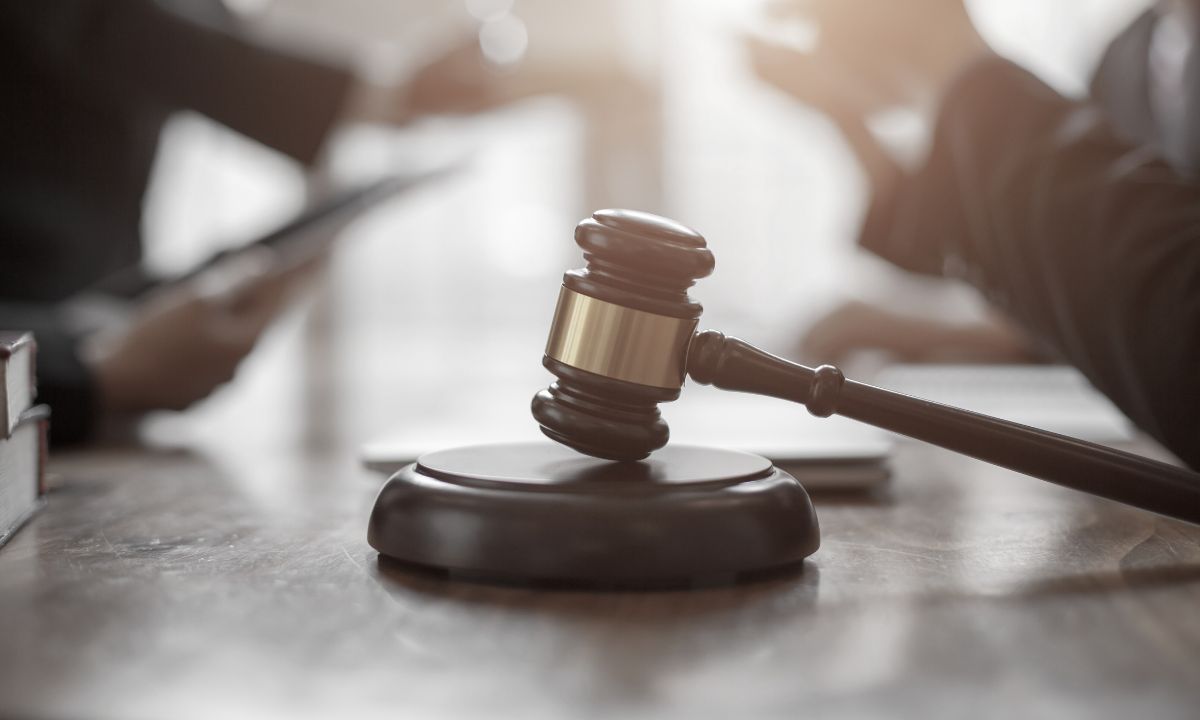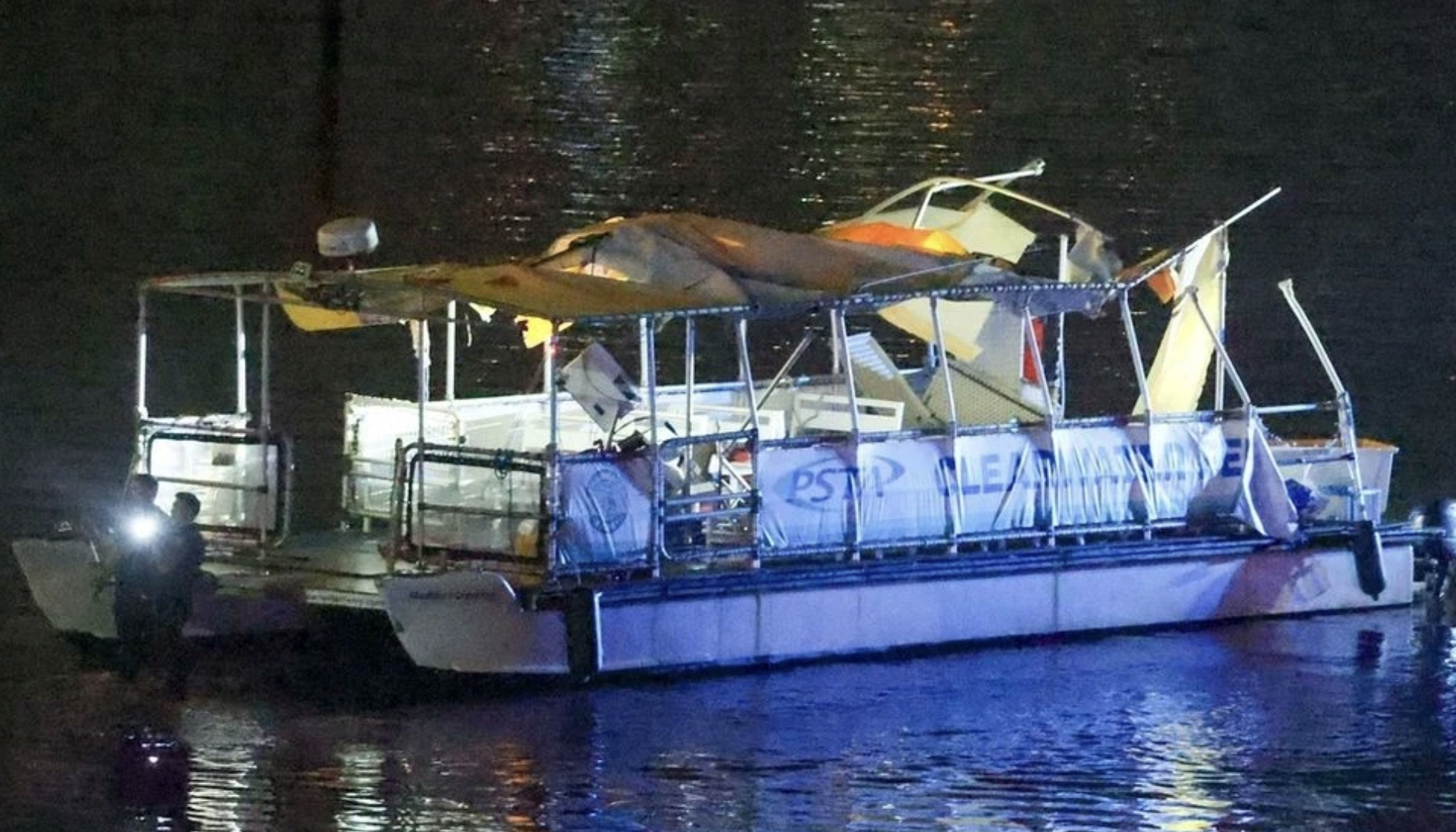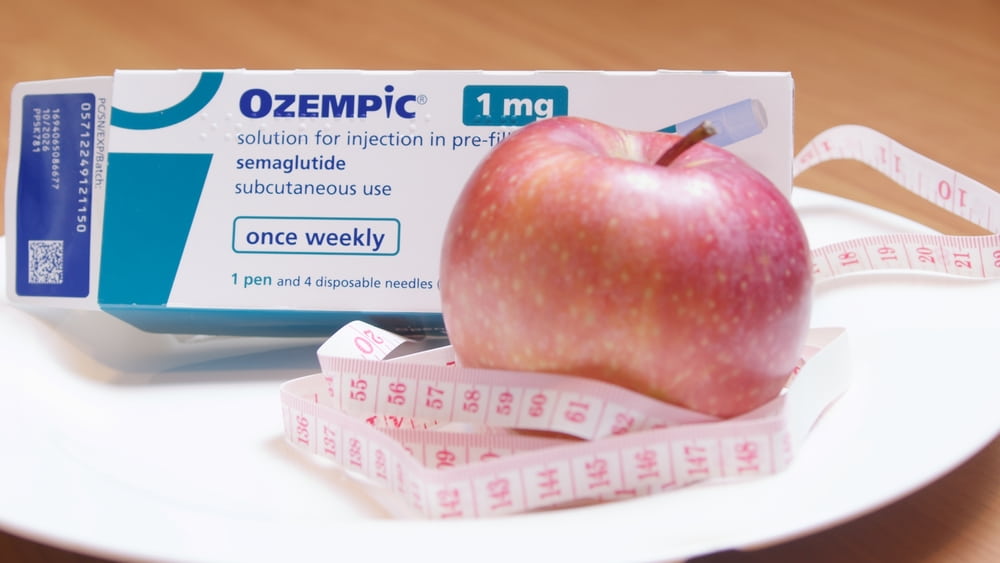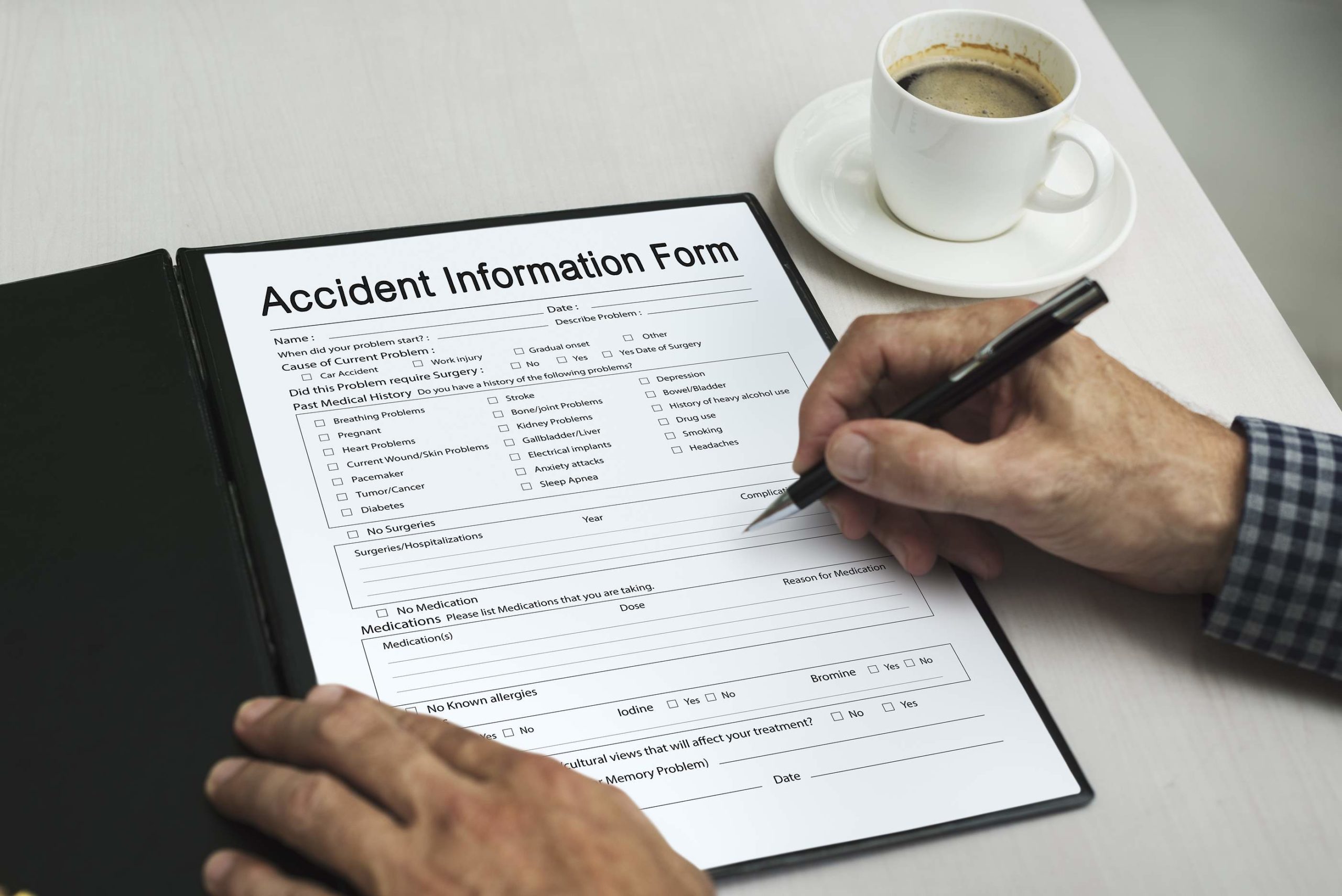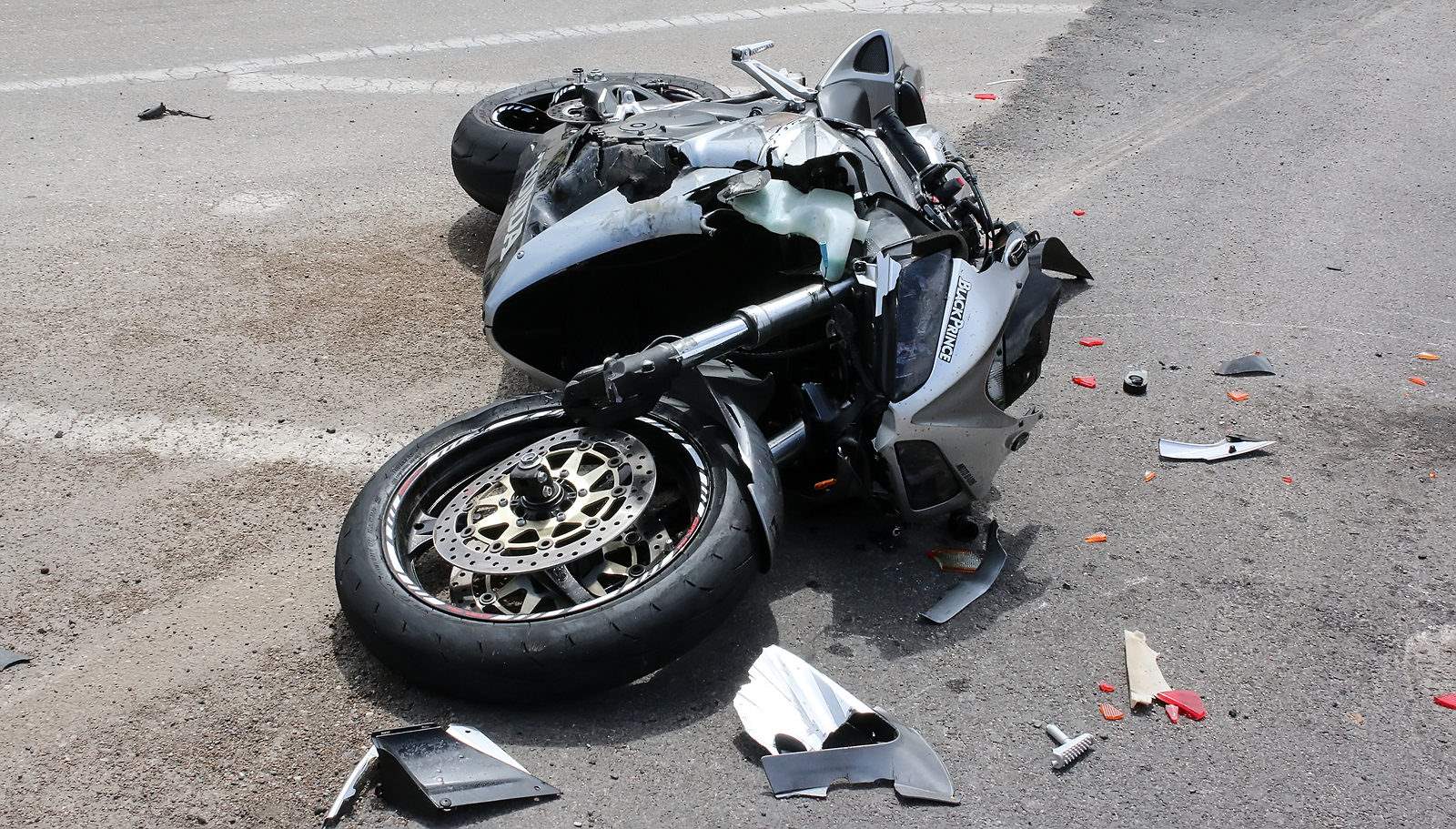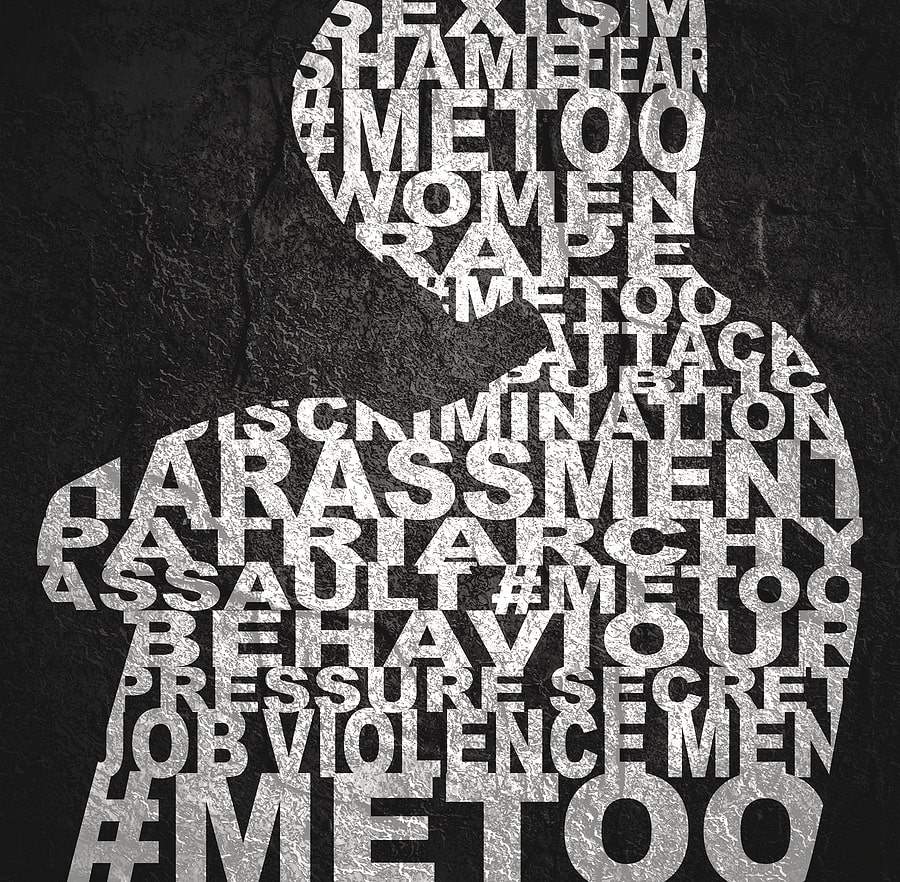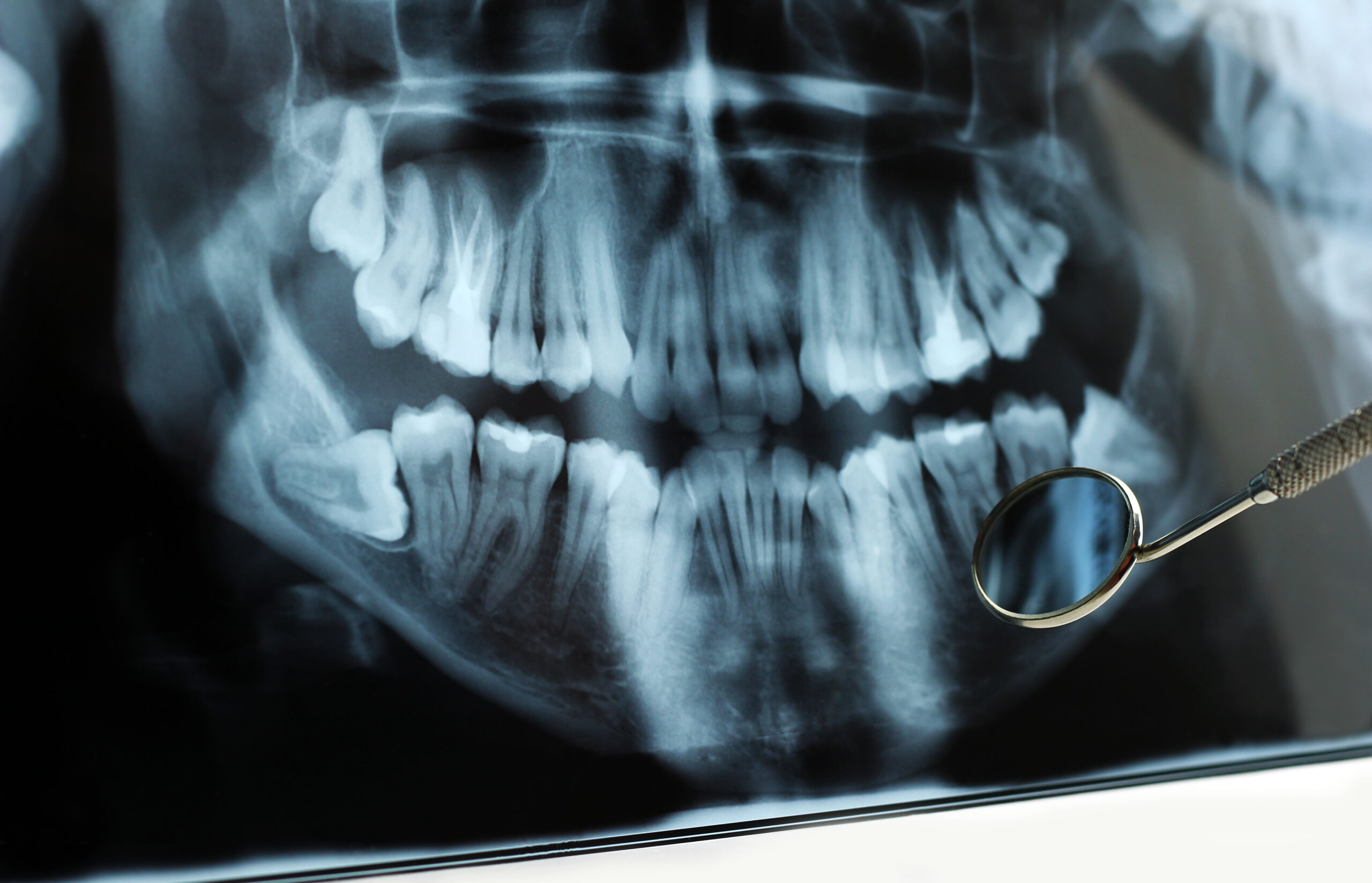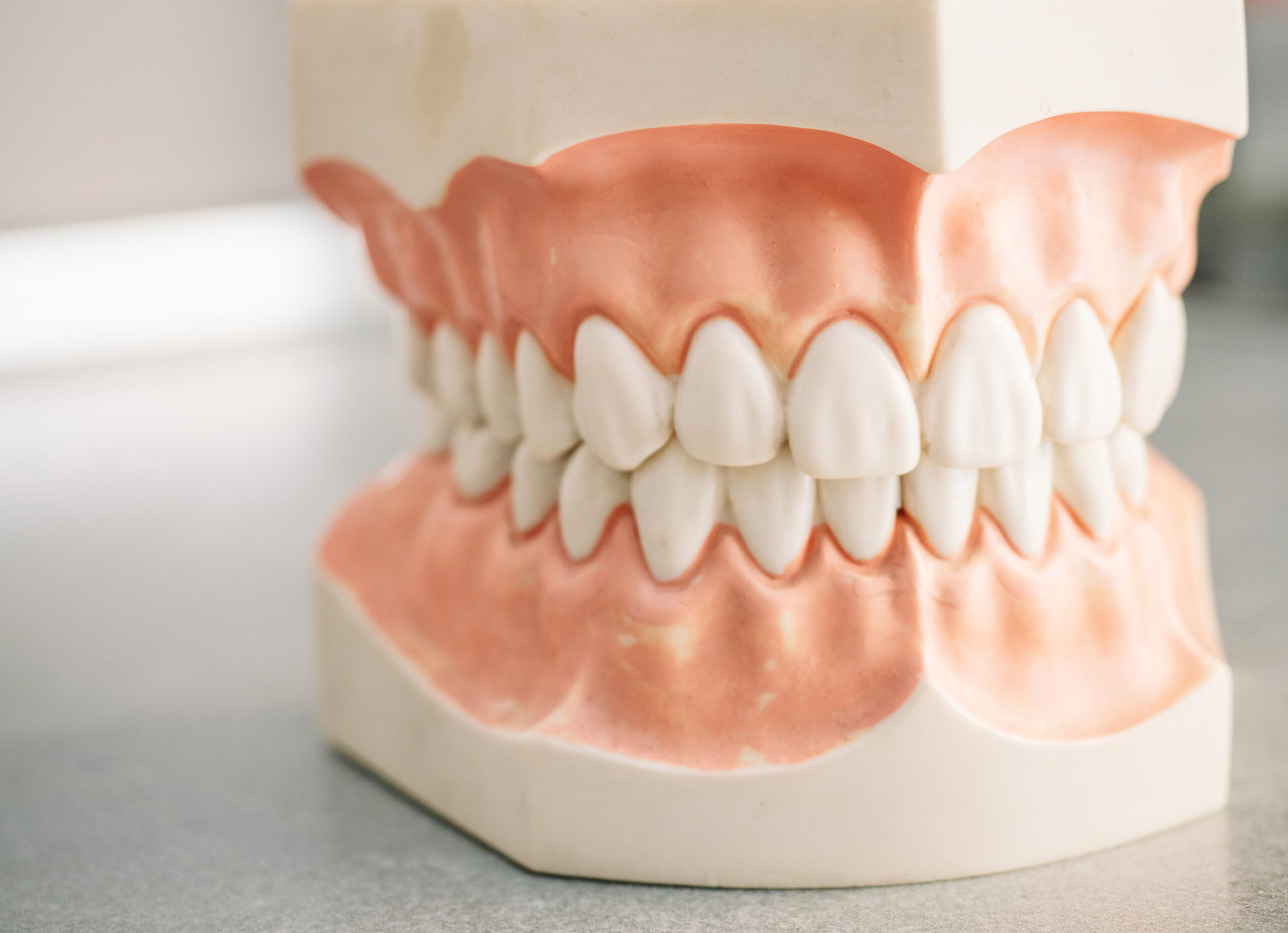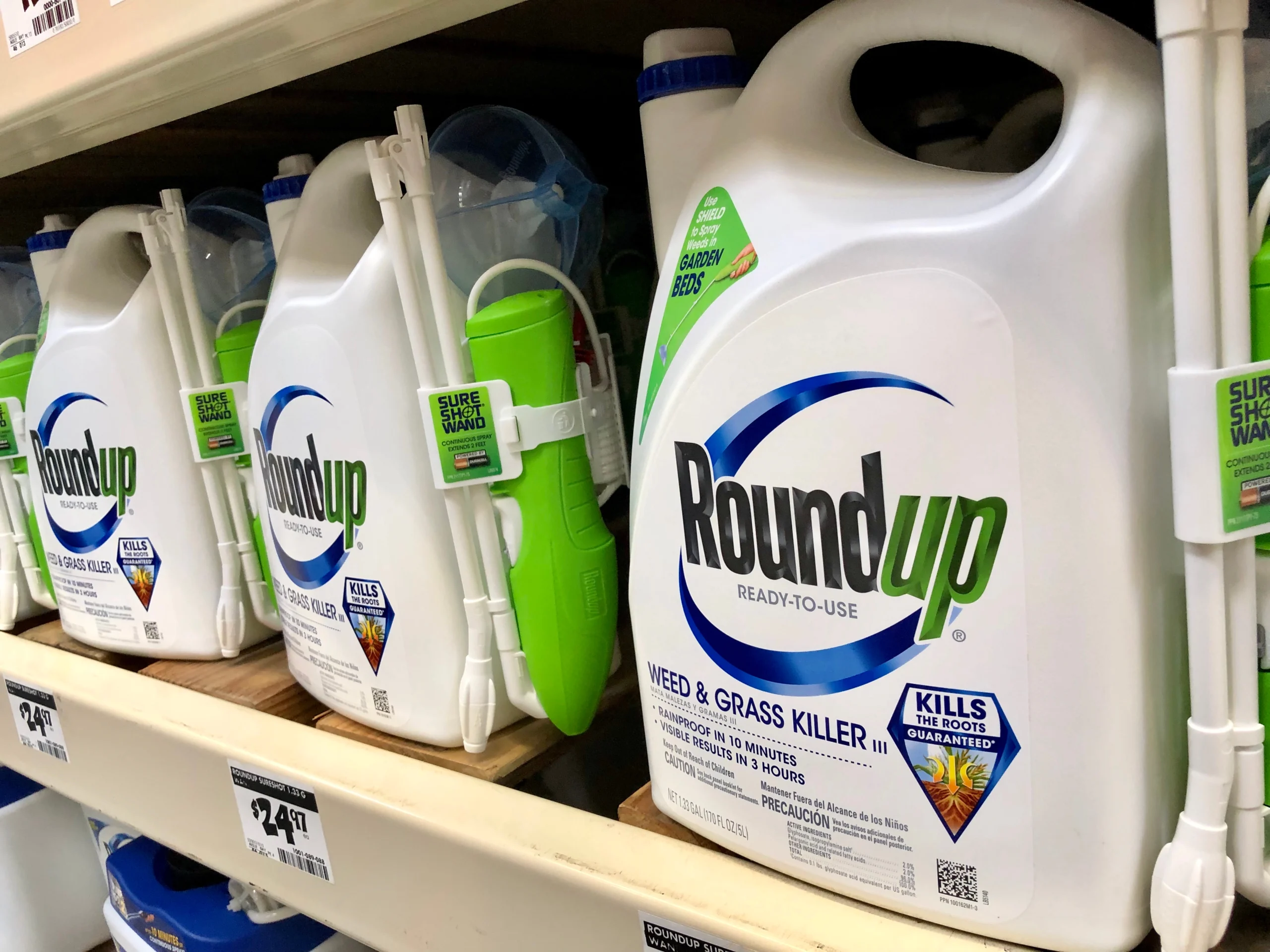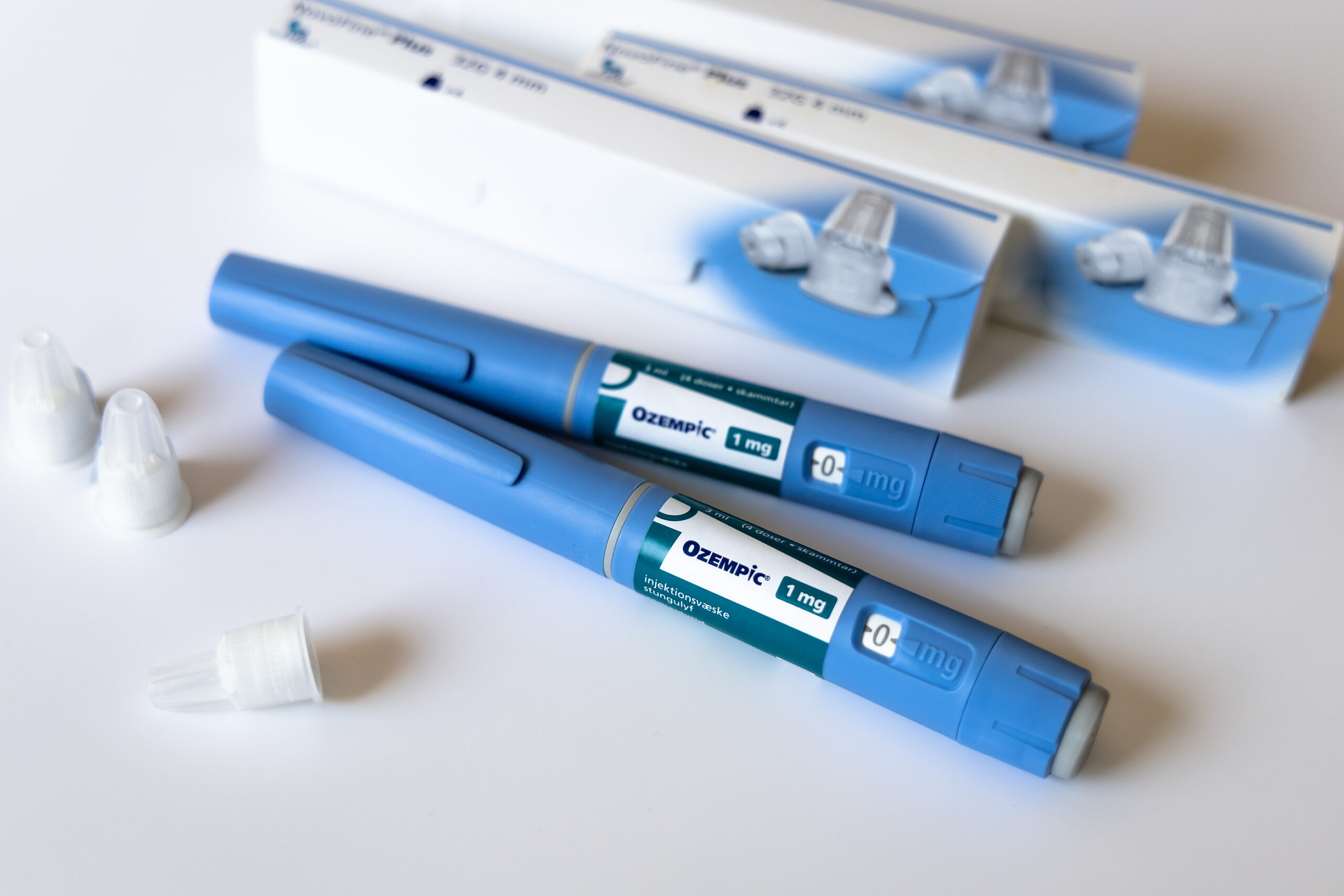April 1, 2025 / Defective Medications and Bad Drugs
Archives
Latest Blog Posts
May 1, 2025 / Class Action
Mass Tort vs. Class Action Lawsuits: Key Differences Explained
Read More →May 1, 2025 / Product Liability
Hair Straightener Uterine Cancer Lawsuit (May 2025 Update)
Read More →April 29, 2025 / Accidents
[Update] Clearwater Boat Driver Who Fled After Killing 1, Injuring 10 Identified
Read More →March 5, 2025 / Other Practice Areas
What You Need to Know About Dr. Barry Brock Sexual Assault Claims
Read More →February 12, 2025 / Defective Medications and Bad Drugs
What Kind of Cancer Does Zantac Cause?
Read More →February 11, 2025 / Tylenol and Autism
Does Tylenol Cause Autism? Acetaminophen Linked to Autism Spectrum Disorder
Read More →January 22, 2025 / Insurance
What You Need to Know About Claims Against State Farm Auto Insurance
Read More →September 26, 2024 / Motorcycle Accidents
7 Common Motorcycle Crashes and How to Avoid Them
Read More →September 26, 2024 / Car Accidents
When Are Car Rental Companies Liable in a Car Accident Claim?
Read More →September 25, 2024 / Sexual Assault
What Is the Difference Between Sexual Assault and Sexual Abuse?
Read More →September 6, 2024 / Automobile Accidents
Who Is the Best Car Accident Attorney Near Me?
Read More →August 2, 2024 / Not Categorized
Roundup Lawsuits Against Bayer Will Continue After U.S. Appeals Court Rejects Federal Preemption Argument
Read More →July 19, 2024 / Defective Medications and Bad Drugs


